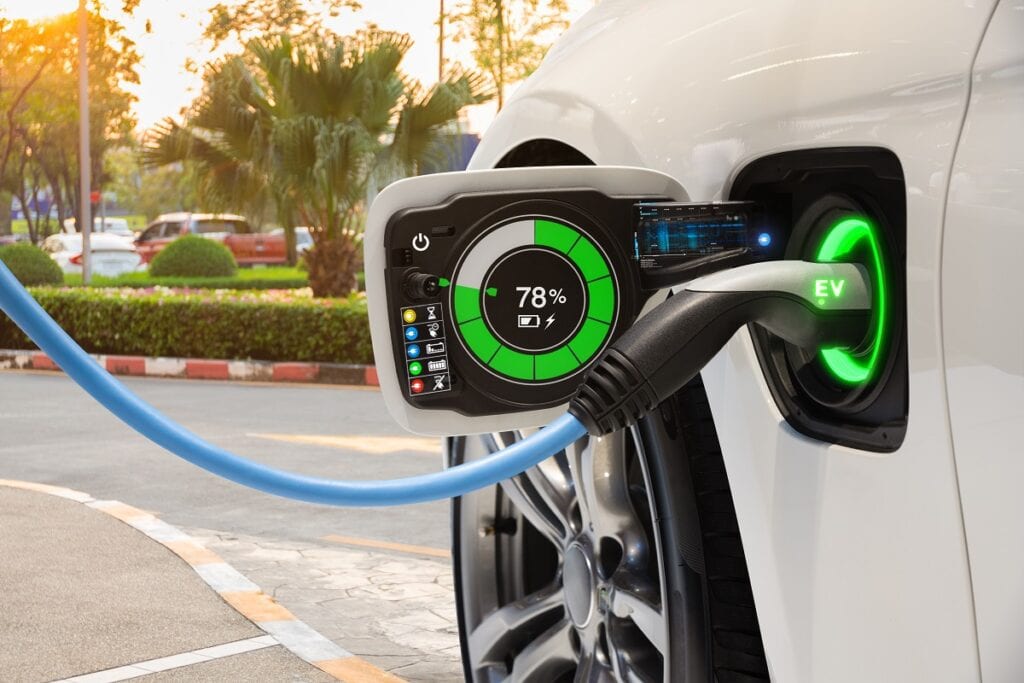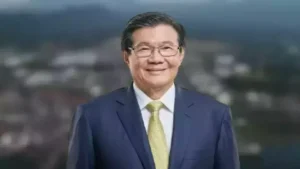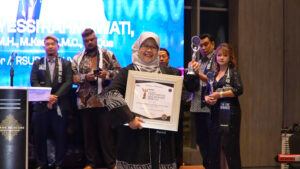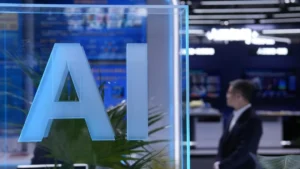Hong Kong — In an assertive step underscoring its ambition to dominate the global electric vehicle (EV) industry, China has announced plans to introduce new restrictions on the export of vital technologies. The proposal, outlined by the Ministry of Commerce on Thursday, comes as geopolitical tensions between Beijing and Washington escalate. This latest development coincides with preparations for the inauguration of U.S. President-elect Donald Trump, highlighting the growing importance of technology and resource control in international relations.
The proposed measures aim to expand China’s export control list to include battery cathode technology, alongside existing restrictions on the technologies essential for processing lithium and gallium. Both materials are critical to the production of semiconductors and EV batteries, which are at the heart of the transition to green energy and advanced electronics. According to state media, the new regulations are part of a broader effort to “strengthen technology import and export management,” a move designed to consolidate China’s leadership in key industries.
Foreign Ministry spokesperson Mao Ning addressed the proposal during a press conference on Friday, emphasizing that the measures were consistent with international trade norms. Describing the policies as “fair, reasonable, and non-discriminatory,” Mao sought to reassure trading partners while defending the strategic need for enhanced export controls. However, analysts suggest that these restrictions reflect China’s determination to safeguard its competitive edge in industries vital to its economic and technological ambitions.
Lithium, often dubbed the “new oil,” is an essential component in rechargeable batteries that power a wide array of modern technologies, from smartphones to electric vehicles. The demand for lithium has surged dramatically as nations worldwide accelerate their shift toward electric mobility and renewable energy solutions. An average EV battery requires approximately eight kilograms of lithium, a far greater quantity than what is needed for consumer electronics. This substantial demand underscores the material’s strategic importance and explains Beijing’s efforts to retain control over its processing and extraction technologies.
Adam Webb, head of battery raw materials at Benchmark Mineral Intelligence, highlighted the implications of these proposed measures. In a statement to Reuters, Webb noted that maintaining its dominant 70% market share in global lithium processing would allow China to secure its domestic battery supply chains and reinforce its leadership in the EV sector. This approach aligns with China’s broader strategy to achieve self-sufficiency in critical industries while reducing reliance on foreign technologies.
Gallium, a lesser-known yet equally crucial material, plays an integral role in manufacturing high-frequency semiconductors used in applications such as satellite communications and advanced radar systems. By extending export restrictions to include technologies associated with gallium processing, Beijing is sending a clear signal about its intent to wield greater control over global semiconductor supply chains. This move follows earlier bans on the export of several critical materials, including germanium and antimony, which were enacted last month in response to U.S. restrictions on semiconductor technologies.
The stakes are high as global industries brace for the potential ripple effects of these policy changes. A recent report by McKinsey forecasts a dramatic increase in demand for lithium-ion batteries, with global production requirements expected to rise from 700 gigawatt-hours in 2022 to 4,700 gigawatt-hours by 2030. As the world shifts toward renewable energy and electric mobility, ensuring reliable access to materials like lithium and gallium has become a pressing concern for governments and corporations alike.
China’s announcement also coincided with an expansion of its export control list to include 28 U.S. entities, among them defense contractors Lockheed Martin and Raytheon Missiles & Defense. These additions, unveiled by the Ministry of Commerce on Thursday, reflect Beijing’s growing willingness to leverage trade restrictions as a tool in its geopolitical rivalry with Washington. Modeled after the U.S. Commerce Department’s “Entity List,” China’s version seeks to regulate the sale of dual-use technologies with both civilian and military applications.
These developments highlight the broader strategic calculus driving China’s policy decisions. By consolidating its control over critical resources and technologies, Beijing is positioning itself as an indispensable player in the global tech ecosystem. While the immediate impact of these measures will be felt most acutely by industries dependent on Chinese exports, their long-term implications could reshape the balance of power in the international technology landscape.











